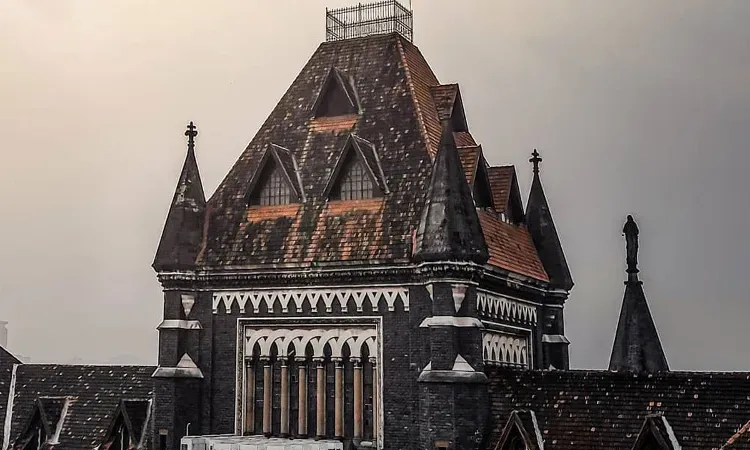On February 18, 2025, the Bombay High Court dismissed a petition filed by Mirza Himayat Baig, a convict in the 2010 German Bakery blast case, seeking his transfer from the 'Anda Cell'—a high-security barrack in Nashik Central Jail—to the general barracks. Baig contended that his confinement in the 'Anda Cell' amounted to solitary confinement, leading to psychological trauma.
Court's Findings on Solitary Confinement Allegations
The division bench, comprising Justices Revati Mohite-Dere and Dr. Neela Gokhale, examined Baig's claims and the affidavit submitted by the Jail Superintendent of Nashik Central Prison. The court found that Baig was not subjected to solitary confinement. The 'Anda Cell' is designated as a high-security wing due to its circular architecture, housing multiple prisoners in separate cells that allow interaction among inmates. The facility provides adequate light, ventilation, and space for walking and exercise. Amenities such as television, FM radio, daily newspapers, books, and smart card phones for communication with family and legal counsel are available to the inmates. The court concluded that Baig's detention conditions did not constitute solitary confinement and dismissed his plea for transfer to the general barracks.
Background of the German Bakery Blast Case
The German Bakery, a popular establishment in Pune, was the target of a bomb explosion on February 13, 2010, resulting in the deaths of 17 individuals, including five foreign nationals, and injuries to several others. In 2013, a Pune Sessions Court convicted Baig, sentencing him to death. However, in 2016, the Bombay High Court acquitted him of terrorism charges but upheld his conviction for possession of explosives, imposing a life sentence.
Prison Regulations and Security Measures
The affidavit from the Jail Superintendent referenced a circular issued on September 21, 2012, which mandates that high-security-risk prisoners be housed in specific barracks designed for enhanced security. The 'Anda Cell' serves this purpose, ensuring that inmates classified under high-security risk are securely detained. The court acknowledged incidents of scuffles and attacks within the prison, underscoring the necessity for prison authorities to assess threats and implement appropriate security measures. The decision to house Baig in the 'Anda Cell' aligns with these security protocols, aiming to maintain order and safety within the prison environment.
Provision of Work or Employment
While dismissing Baig's plea for transfer, the court addressed his request for engagement in work or employment within the prison. The bench directed the prison authorities to assign Baig suitable work or tasks in accordance with existing prison rules and regulations. This directive aligns with correctional practices that encourage inmate rehabilitation through productive activities, contributing to their mental well-being and skill development.
Legal Implications and Precedents
This ruling emphasizes the judiciary's reliance on established prison regulations and the assessments of prison authorities regarding inmate security classifications. The court's decision reflects a balance between upholding security protocols and ensuring that inmates' rights are not infringed upon through unwarranted solitary confinement. By mandating the provision of work, the court also highlights the importance of rehabilitation and humane treatment within the correctional system.
Conclusion
The Bombay High Court's dismissal of Mirza Himayat Baig's petition underscores the importance of adhering to prison security measures while ensuring that inmates' rights are respected. The court's directive to provide Baig with suitable work within the prison framework reflects a commitment to rehabilitation and humane treatment, integral aspects of the criminal justice system.










0 Comments
Thank you for your response. It will help us to improve in the future.